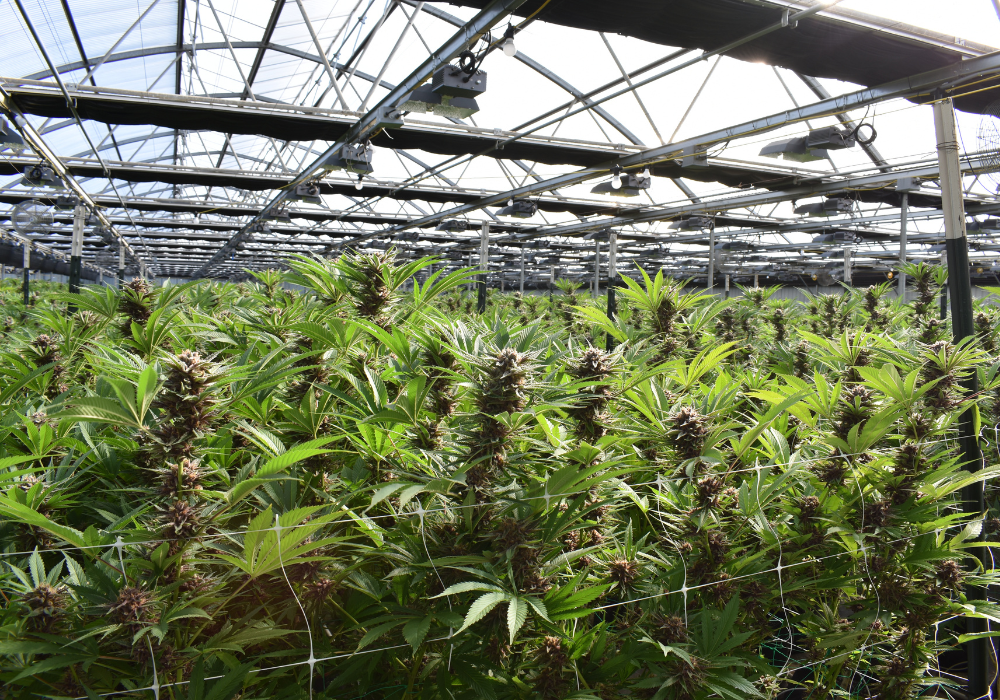Cannabis, once a taboo subject, is becoming more mainstream. This shift in perception has left many people curious yet confused about the plant’s true nature. With its growing acceptance, it’s crucial to address and clarify common misconceptions surrounding cannabis use to better understand its impact on society. In this article, we’ll unravel some of the myths that persist about cannabis, such as the stereotype of the “stoner,” the notion of cannabis as a gateway drug, its alleged effects on motivation and productivity, and the misconception of it being completely harmless. By the end of this read, you’ll have a clearer perspective on cannabis and its place in today’s world.
 1 – All Cannabis Users Are Stoners
1 – All Cannabis Users Are Stoners
The image of a cannabis user as a lazy, unkempt “stoner” is a tired stereotype that fails to capture the diversity of individuals who use cannabis. In reality, cannabis consumers come from all walks of life and use the plant for various reasons, ranging from recreational to medicinal.
Interestingly, surveys and studies show that cannabis users include working professionals, parents, athletes, and seniors. Many individuals incorporate cannabis into their wellness routines to manage stress, anxiety, or chronic pain. By focusing solely on the stereotypical portrayal, we overlook the legitimate uses of cannabis and the responsible adults who benefit from its properties.
Furthermore, the evolving cannabis industry highlights the broad appeal of the plant. With cannabis-infused products like oils, edibles, and topicals, individuals can consume cannabis without smoking. These innovations cater to diverse preferences and needs, underscoring that cannabis use is not confined to a single archetype.
2 – Cannabis Is a Gateway Drug
The belief that cannabis leads to the use of harder drugs has been a long-standing argument against legalization. However, research challenges this claim, indicating that cannabis is not an inevitable gateway to more dangerous substances.
A comprehensive study published in the Journal of School Health found that early cannabis use does not predict future substance abuse. Factors such as socioeconomic background, environment, and genetics play a more significant role in determining an individual’s likelihood to experiment with other drugs.
It’s essential to recognize that cannabis is often grouped with other substances due to its previous classification as illegal. By focusing on evidence-based discussions and understanding the underlying causes of addiction, we can address substance misuse more effectively and separate cannabis from a simplistic gateway narrative.
3 – Cannabis Use Leads to Laziness
The idea that cannabis users are inherently lazy or unmotivated is a misconception driven by pop culture depictions. While some strains of cannabis can promote relaxation, others may enhance focus and creativity, disproving the notion that cannabis use universally leads to lethargy.
Scientific research supports the potential of cannabis to influence productivity positively. A study conducted at the University of Colorado Boulder examined the effects of cannabis on exercise, concluding that the plant can increase enjoyment and motivation for physical activity among some users.
Additionally, individuals with medical conditions such as arthritis or chronic fatigue may find cannabis helpful in managing symptoms, enabling them to participate more actively in daily life. The broad spectrum of effects that cannabis can have on motivation further emphasizes the importance of understanding individual responses and usage contexts.
 4 – Cannabis Is Harmless
4 – Cannabis Is Harmless
While many advocate for cannabis as a natural remedy, it’s vital to acknowledge that it is not without risks. Despite its potential benefits, cannabis can have adverse effects, particularly when used irresponsibly or excessively.
THC, the psychoactive compound in cannabis, can impair judgment, coordination, and reaction time, making activities like driving hazardous. Regular, heavy use may also lead to dependency or exacerbate mental health issues in individuals predisposed to certain conditions.
Understanding the potential risks associated with cannabis use underscores the importance of responsible consumption. Educating users about dosage, strain selection, and methods of consumption can help mitigate negative effects while promoting a safer and more informed approach to cannabis use.
Dispelling myths about cannabis use is essential for fostering informed dialogue and understanding. By recognizing the diversity of cannabis consumers, challenging outdated gateway drug narratives, and acknowledging both the benefits and risks, we can approach cannabis with an open mind. An informed perspective allows us to evaluate cannabis within the context of modern society, considering its potential contributions to health and well-being.

